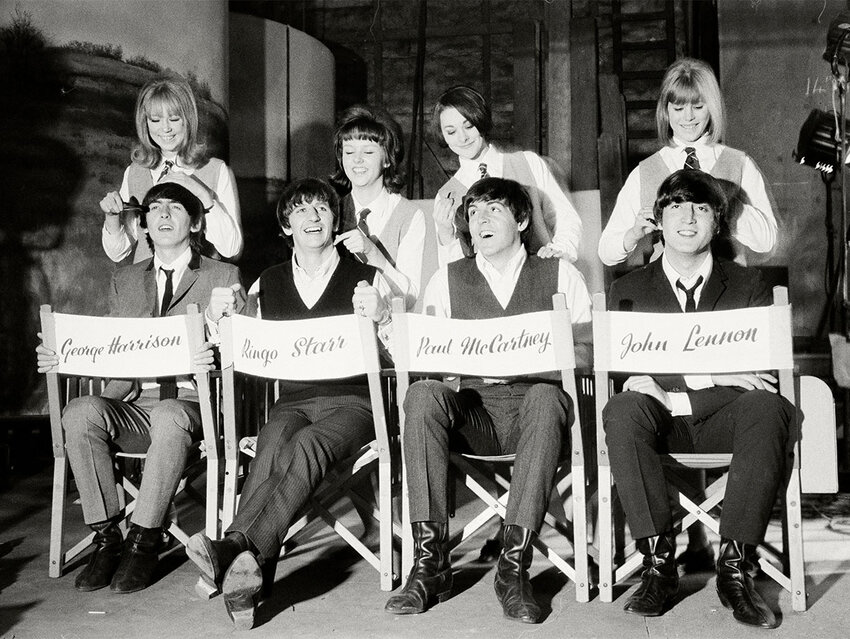
Verisimilar
[ver-ə-SIM-ə-lər]
Part of speech: adjective
Origin: Latin, 17th century
1.
Appearing to be true or real; probable; likely.
2.
(Fiction) Faithful to its own rules; internally consistent.
Examples of Verisimilar in a sentence
"The bartender told us a far-fetched story, but with enough confirmable details to make it seem verisimilar."
"I need a book to be verisimilar; if the details start to conflict, I quickly lose interest."
About Verisimilar
“Verisimilar” is based on the Latin “vērisimilis,” meaning “having the appearance of truth.” This root combines “vērus” (meaning “true”) and “similis” (meaning “like” or “similar”).
Did you Know?
To describe something as “verisimilar” is not to say that it is necessarily true — only that it has the appearance of truth. In many cases, without evidence proving something is true beyond doubt, confirming it is verisimilar may be the closest available verification to truth. For example, in a court case based on the testimony of eyewitnesses rather than on a wealth of physical evidence, the outcome of the case will depend on how verisimilar the judge and jury find the eyewitnesses to be.








